
Articles

Mayura Station
Mayura Station was established in 1845 on the Limestone Coast of South Australia. The de Bruin family has owned and operated the business since 1980. Mayura Station began its journey with Wagyu in 1998 with the purchase of 25 fullblood Wagyu females from master...
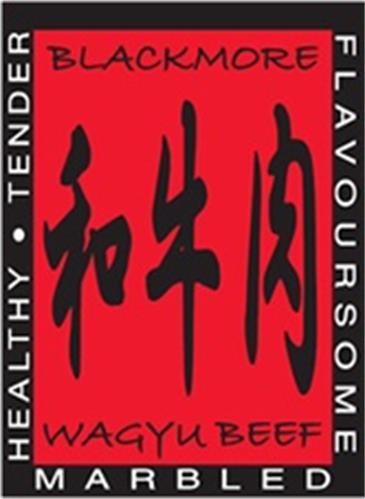
Blackmore Wagyu
Australian breeder David Blackmore founded Blackmore Wagyu in 1988, after having been in the embryo export and import business since 1979. He previously focused on sourcing elite dairy and beef cattle genetics from North America. David was introduced to Wagyu while importing North American genetics to...

Lone Mountain Ranch
Lone Mountain Ranch, a family run operation, is located in Golden, New Mexico, and has one of the premier breeding herds of fullblood Wagyu in the USA and outside of Japan, for that matter. What are they doing to maintain this elite program? The ranch...

Sumo Wagyu
The Sumo Wagyu herd is located in the Northern Rivers of New South Wales, Australia, which offers a fantastic base for raising cattle with continuous rainfall year- round. The operation is located on 1200 hectares of premium grazing country, complete with irrigation, and runs approximately...

Trent Bridge Wagyu Stud
Trent Bridge Wagyu Stud is a family owned and operated business with more than 40 years of experience in the cattle industry. The operation is located about 40 Km east of the town of Guyra in the New England Region of New South Wales, Australia....
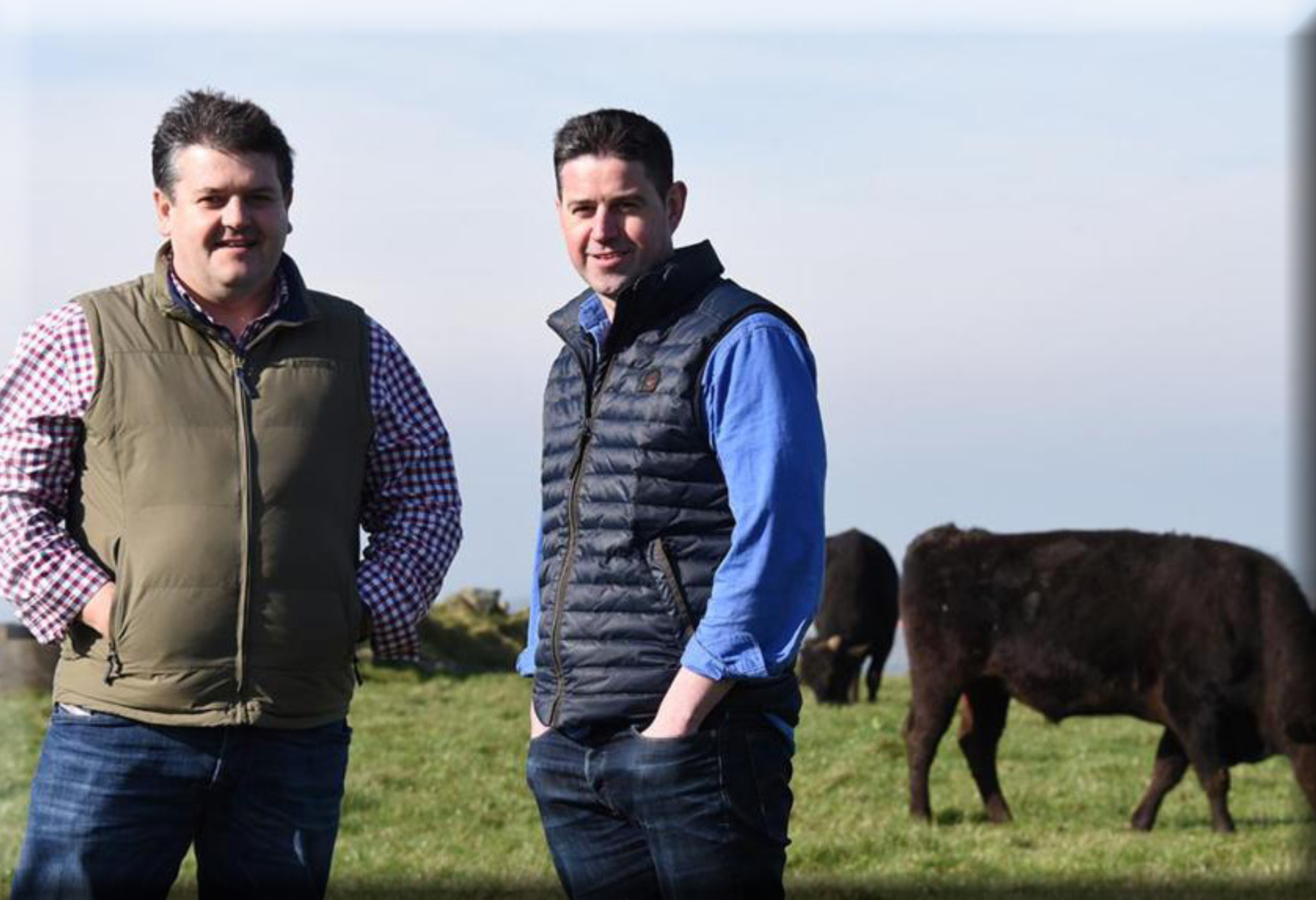
Grass Cattle Company
Grass Cattle Co is owned and operated by Rob Cumine, who lives and works in Wales. Grass Cattle Co operates its own herd of Fullblood Wagyu cattle under the prefix of Tyddewi. Rob also has a partnership with longtime friend Will Prichard in the branded...
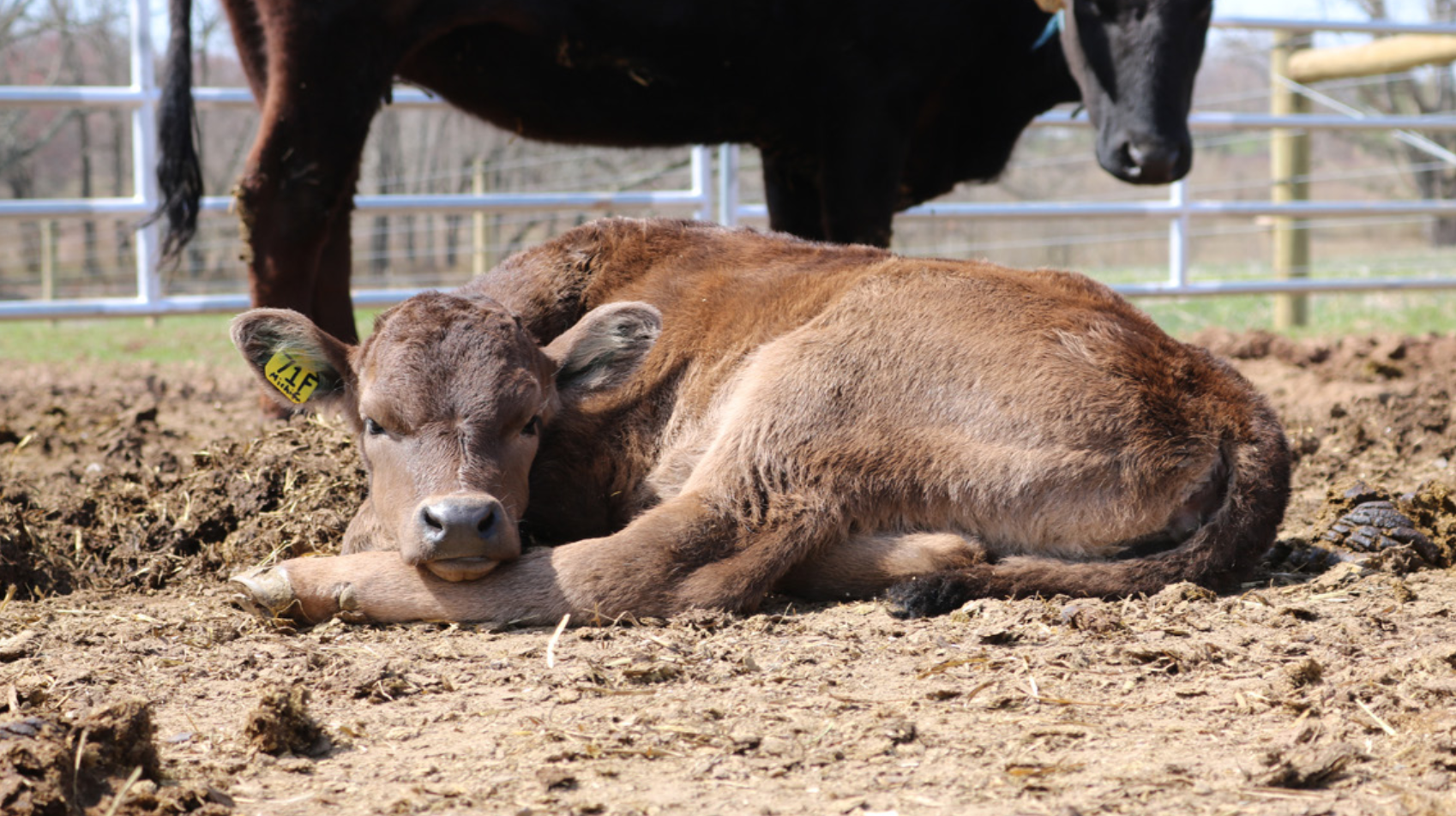
Vaccinations
Cattle aquire two types of immunity during their lifespan. One type is passive immunity, which was discussed in the last issue of the International Wagyu Breeder (April/May 2019), and occurs through the consumption of colostrum. The second type of immunity is active immunity. Active immunity...
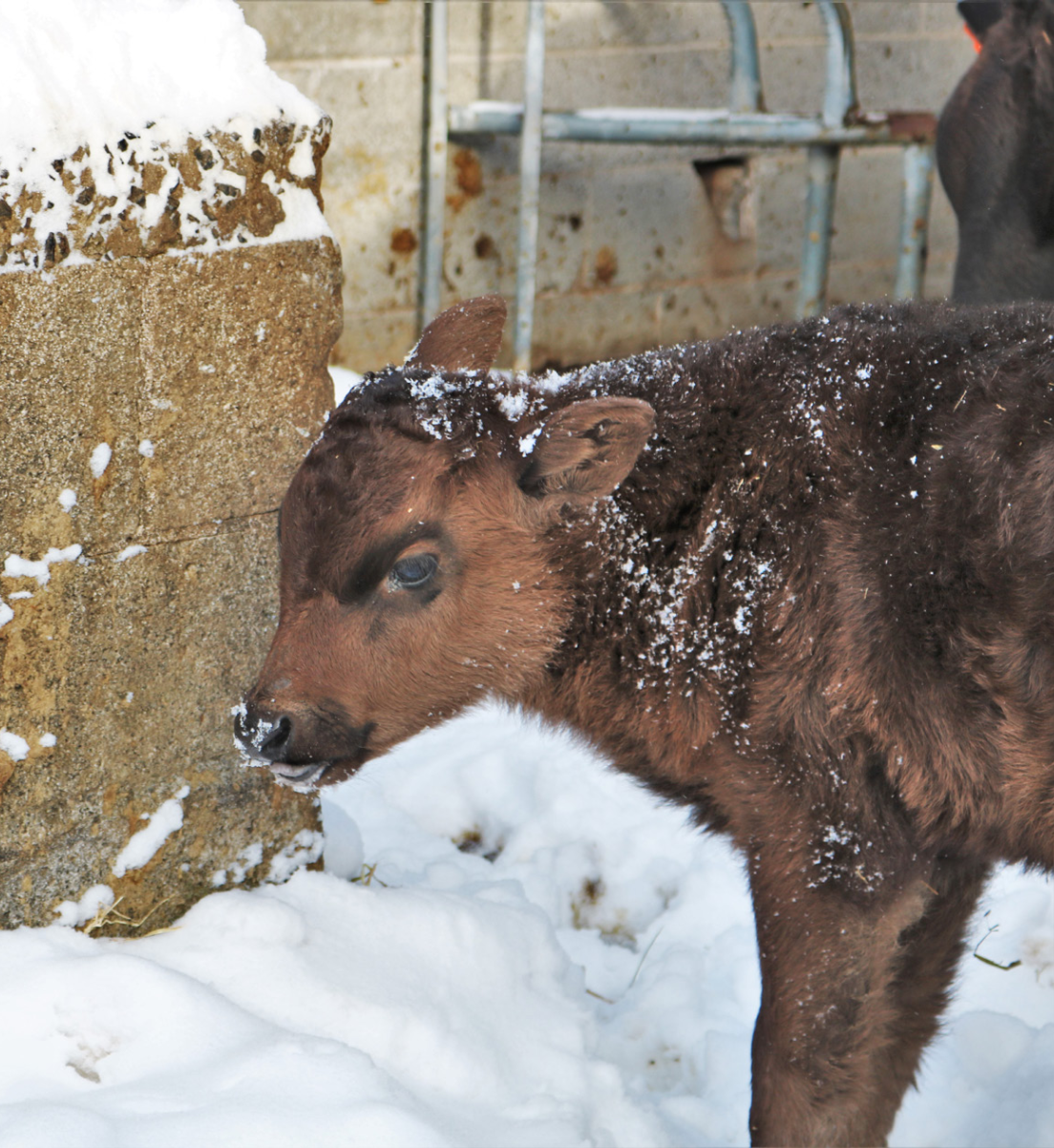
The Impact of Cold Stress
Now that winter is here in the northern hemisphere, beef herd operations are shifting their focus to planning for the challenges that are accompanied by the cold, wet, and windy weather. Just as the heat of summer can pose problems for cattle, so can the...
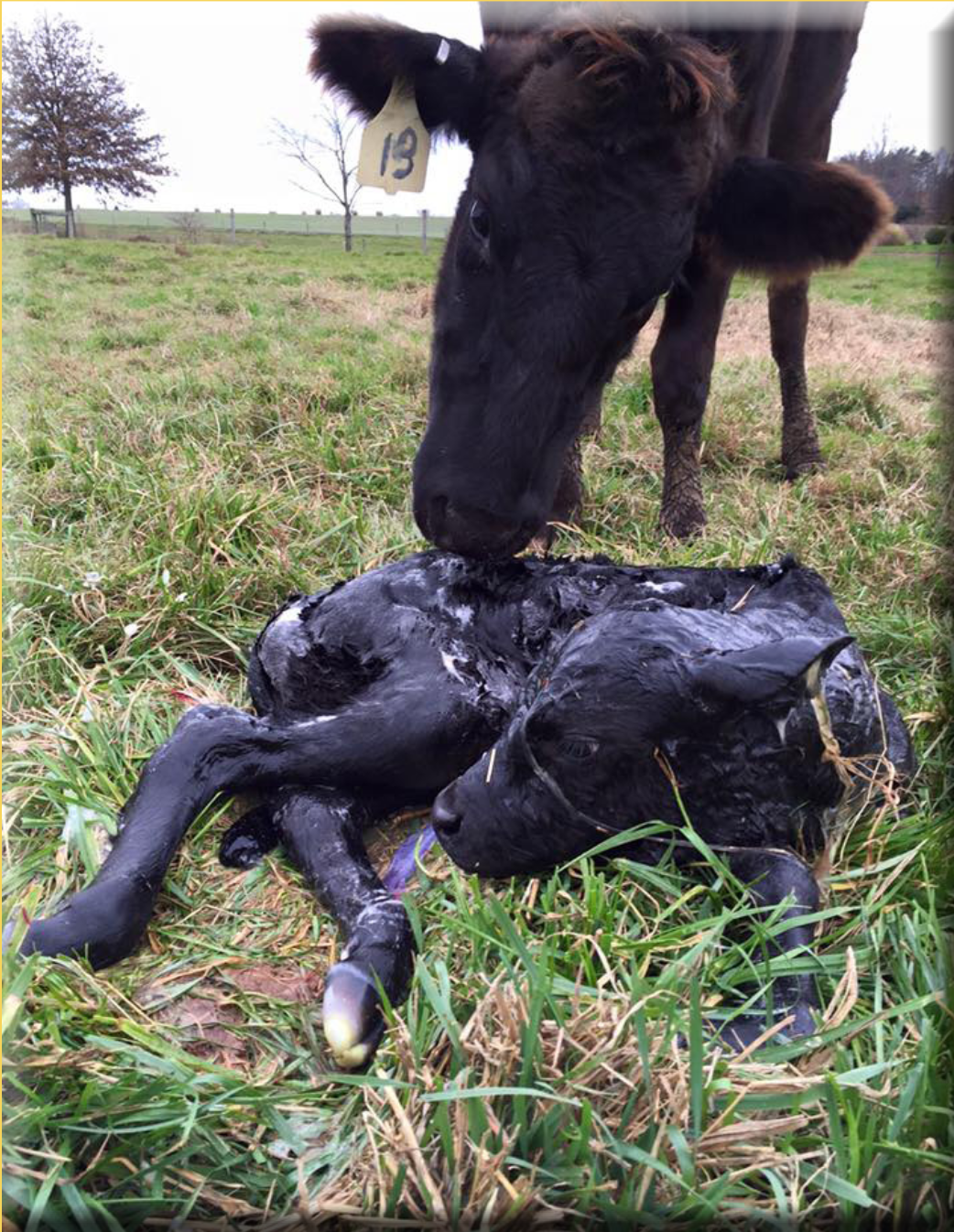
Scours – Know Your Signs
If you find yourself working with calves, then you probably have experienced a case or two of calf diarrhea, or scours. Newborn calves are especially vulnerable to calf scours during the first 28 days of their life. Scours, however, is simply a symptom of an...
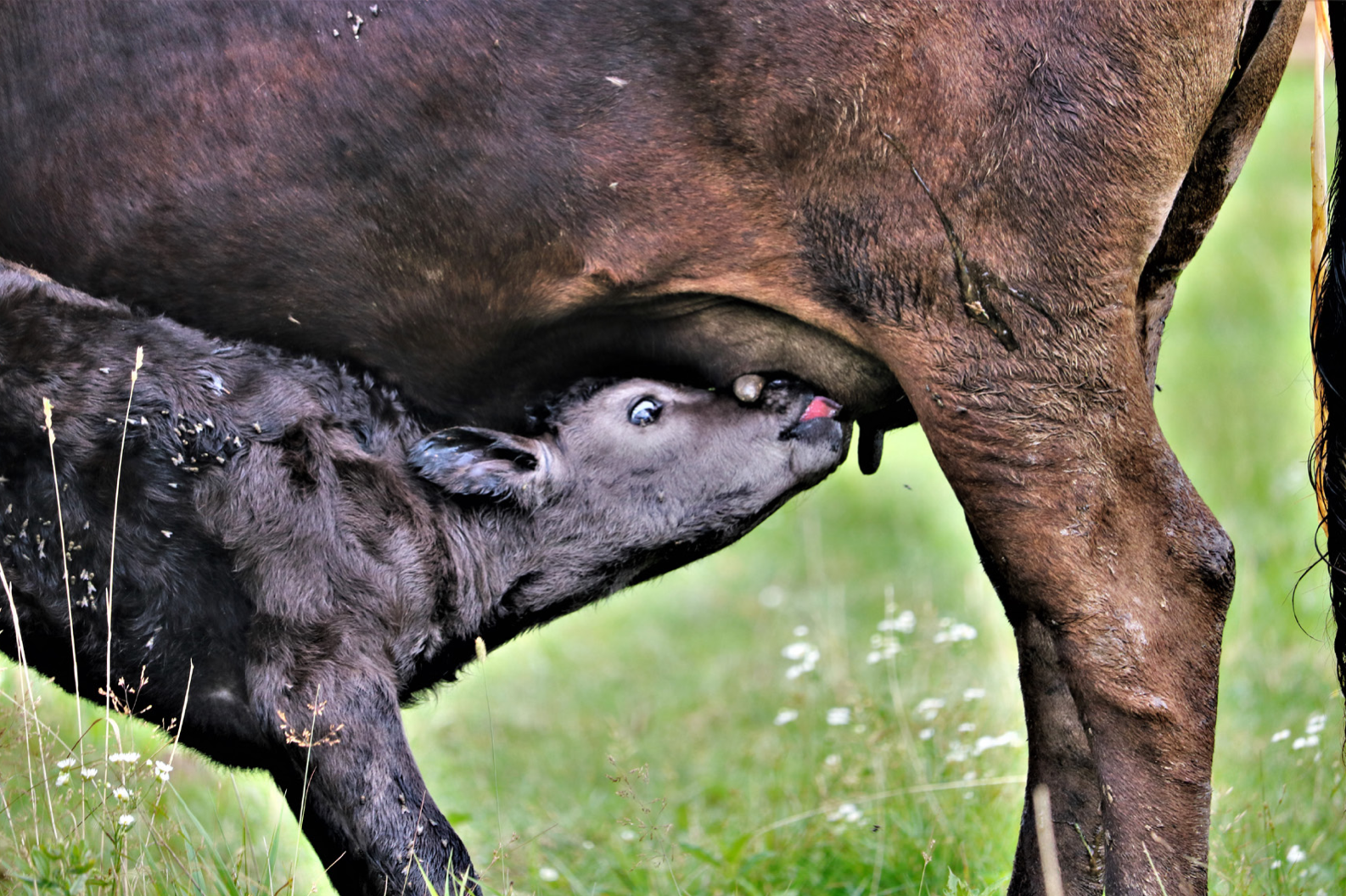
Passive Transfer of Immunity
Newborn calves require careful attention upon birth to ensure they are set on a positive trajectory of health as they begin to grow and mature. At birth, a calf’s immune system is almost non-existent. As a result, passive transfer of immunity is a critical aspect...



